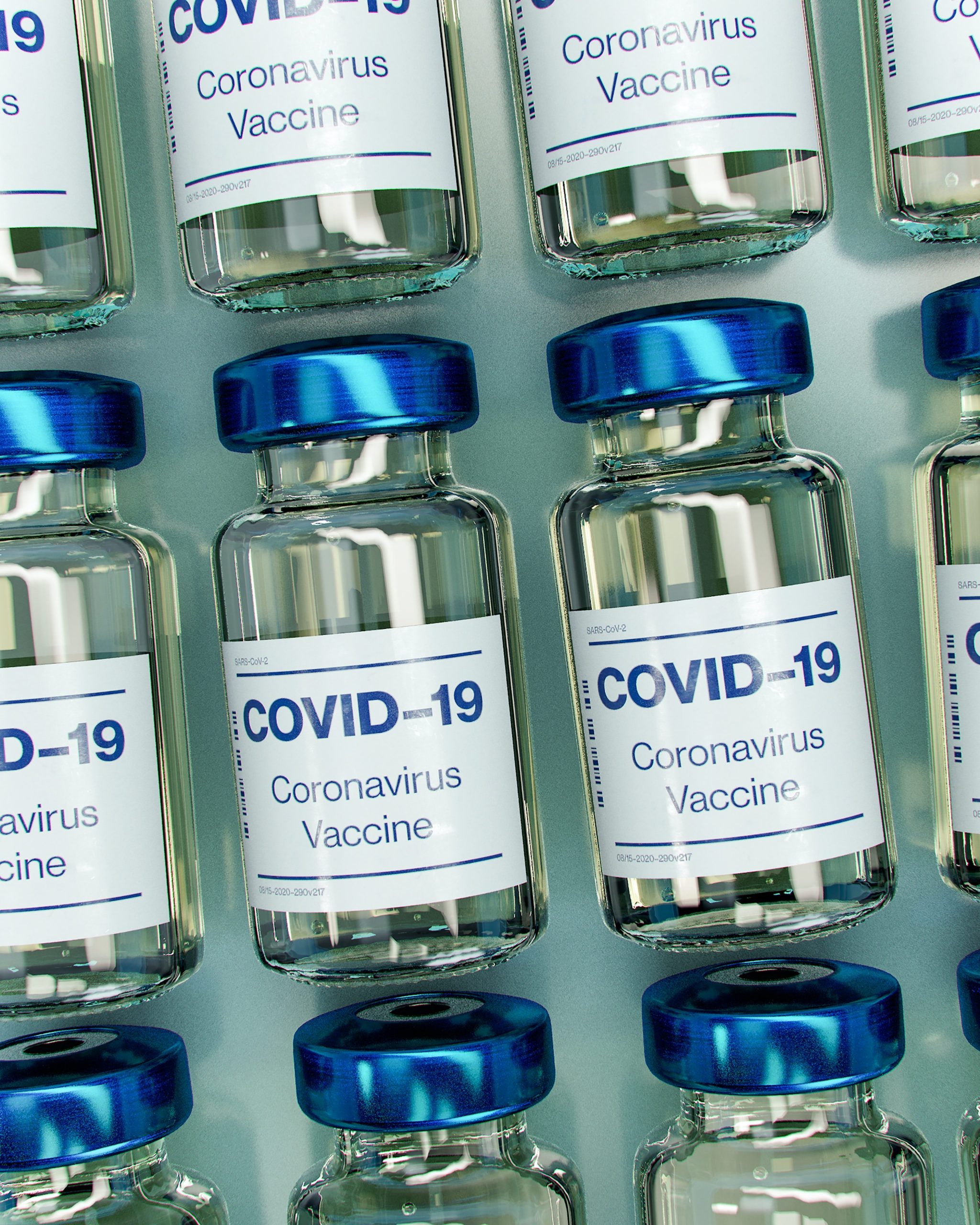Upgraded Covid-19 vaccines are currently being tested with hopes to provide further protection against new deadly variants.
A third dose of the Covid-19 vaccine is being trialed in the United States, where scientists are looking into tweaking and upgrading the shots in a bid to target new variants.
While the vaccines authorised by the US regulator have been proven to provide strong protection against the novel coronavirus, emerging studies based on new developments show that a more advanced version of the vaccine could soon be needed.
Moderna and Pfizer-BioNTech are currently in the works to launch a backup plan in case the new variants of the virus break through today’s shots.
Read also: Long Covid patients report ‘instant recovery’ after vaccination
“We need to be ahead of the virus,” said Dr. Nadine Rouphael of Emory University, who is helping to lead a study of Moderna’s tweaked candidate. “We know what it’s like when we’re behind,” she added.
Experts say it’s not yet clear if or when an updated version of the vaccine will be needed but health officials are seeking to turn Covid-19 into a harmless flu as quickly as possible.
The novel coronavirus has posed a threat to global health and economy since it first appeared in March last year and has been constantly evolving into more deadly strains, pushing nations around the world into a race to vaccinate millions to bring Covid-19 to an end.
In Qatar, extensive efforts are being put into the expansion of the vaccination drive.
Read also: Qatar administers ‘one millionth Covid-19 vaccine dose’
To date, more than one million doses of the Covid-19 vaccines have been administered across Qatar, with official numbers confirming 26,905 were given in the last 24 hours alone.
Concerns over new variants
Just months ago, a new and more contagious Covid-19 variant was found in the United Kingdom and quickly saw the number of infections drastically increase. While the vaccine has so far proven to be effective against the new strain, experts are still concerned that first-generation vaccines may not offer enough protection against different emerging strains, such as the South African one.
“All the major vaccine makers are tweaking their recipes in case an update against that so-called B.1.351 variant is needed. Now experimental doses from Moderna and Pfizer are being put to the test,” Los Angeles Times reported on Monday.
Funded by the National Institutes of Health, the study aims to experiment with the third shot as an immune booster for those that have already received both doses, as well as those who have yet to receive any shots.
Researches are attempting to decipher whether administering two doses of the variant vaccine instead of the original one would solve the problem, or one dose of each kind, or even combining the original and the variant dose into the same injection.
The FDA has also allowed Pfizer and BioNTech to start conducting similar trials for their own updated shots. “The companies called it part of a proactive strategy to enable rapid deployment of updated vaccines if they’re needed,” the LA Times reported.
Good news
Although it may sound like a daunting task, updating vaccines is considered to be relatively easy since they are made with a piece of genetic code called mRNA that teaches the body how to make harmless copies of the spike protein, which in turn trains immune cells.
“The companies simply swapped out the original vaccine’s genetic code with mRNA for the mutated spike protein — this time, the one from South Africa,” LA Times said.
Clinical trials are currently being conducted on a few hundred volunteers, unlike the massive testing drive initially launched to prove the original shots work, though extra effort is required to monitor whether they trigger different side effects.
“Importantly, lab tests also can show if those antibodies recognise not just the variant from South Africa but other, more common virus versions too,” the report noted.
How would authorities know an update is needed?
No vaccine is 100% effective and despite the mutation threat, reports show that a fractional minority of fully vaccinated people can test positive for Covid-19. In Qatar, health officials say more than 98.4% of those who received the injection in Qatar have not been infected with Covid-19.
However, the only apparent way to know when an update is needed would be a sharp surge in hospitalisations among vaccinated people who catch a new mutant.
“That’s when you’ve crossed the line. That’s when you’re talking about a second-generation vaccine,” said Dr. Paul Offit of Children’s Hospital of Philadelphia, a vaccine adviser to the Food and Drug Administration.
“We haven’t crossed that line yet, but we might.”







